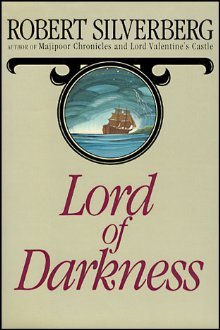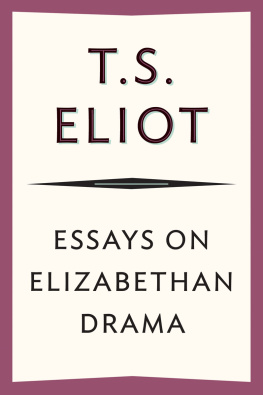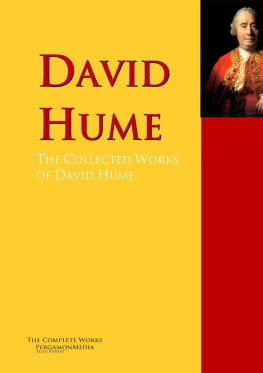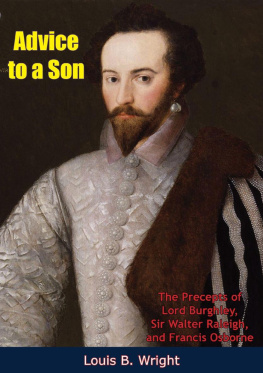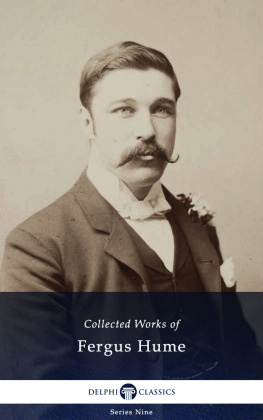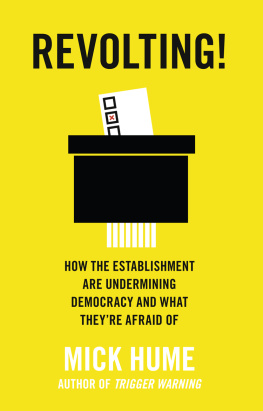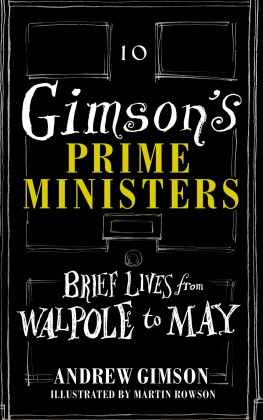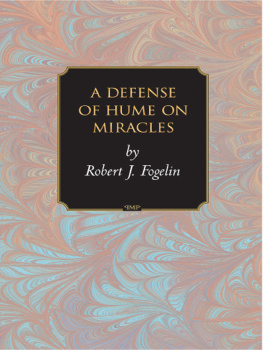INTRODUCTION
For nearly half a century William Cecil, Lord Burghley, exercised greater influence over the future fortunes of England than ever fell to the share of a statesman before or since. It was a period when Medival Europe was in the melting-pot, from which, in due season, some of her peoples were to arise bright and shining, with fresh faiths, higher ideals, and nobler aspirations, to start on a new career of civilisation; whilst others were still to cling a while longer to the garb of dross which remained of the old order, and was to hamper them in the times to come.
How England should emerge from the welter of the old tides and the new, depended to some extent upon providential circumstances, but more largely still upon the personal characteristics of those who guided her national policy and that of her competitors. Never was nation more favoured in this respect than was England at this crisis of the worlds history. The conditions of the Queens birth compelled her to embrace the cause of religious freedom, whilst her intellect, her sex, and her versatility enabled her during a long course of years successfully to play off one continental rival against another, until she was strong enough openly to grasp and hold the balance. But withal, her vanity, her fickleness, the folly and greed of her favourites, or the machinations of her enemies, would inevitably have dragged her to ruin again and again, but for the fact that she always had near her, in moments of weakness or danger, a fixed point to which she could turn, a councillor whose gaze was never diverted from the ultimate goal, a man whom flattery did not move, whom bribery did not buywise, steady William Cecil, who, to her honour and his, remained her prime adviser from the moment of her accession to the day of his death.
It has happened that most of the historians who have dealt in detail with Elizabethan politics, and especially with Cecils share in them, have dwelt mainly upon the religious and ecclesiastical aspect of the subject, and have usually approached it with a strong doctrinal bias on one side or the other. It is true that Cecils life was coeval with the rise and triumph of the great religious schism in the Christian faith in England, that in his boyhood there was hardly a whisper of revolt against the papal supremacy, and that ere he died the Protestant Church of England was firmly established, and the country freed from the fears of Rome. Upon this text most of his biographers have founded their discourse, and have regarded the great minister as first and foremost a religious reformer. That he was at heart, at all events in his later years, sincerely attached to the Protestant faith, there is no reason to doubt; but before all things, he was a statesman who sought to raise and strengthen England by political means, and used religion, as he used other instrumentalities, to attain the object he had in view. He was far too prudent to say so, but he probably regarded religious dogma in as broad a spirit as Catharine de Medici, Henry IV., and Elizabeth herself. His youthful training and early circumstances had associated him with an advanced school of thinkers, who had naturally adopted the cause of religious reform, condemned by their opponents. The current of events and the blindness of the other side identified that party with the cause of national independence and prosperity; and for political aims, Cecil made the most of the support to be obtained from those who demanded a simpler and less rigid form of Christian doctrine than that imposed by Rome. But in the party of reform Cecil was always the most conservative element. Other councillors might be, and were, driven hither and thither by bribery, by passion, by a desire to flatter the Queens caprice, by religious zeal or mere ineptitude, but Cecil was judicious, well-nigh incorruptible, prudent, patriotic, and clear-headed; and though he was often obliged to dissemble and give way, he always returned to his point. Protestant zeal must not hurry the Government too far, or too fast, against the sworn enemies of Protestantism. England must be kept free from entanglements with Rome, but she must also avoid as long as possible national warfare with Romes principal supporter; for Spain was Englands buckler against French aggression, and the possessor of the rich harbours of the Netherlands where English commerce found its main outlet.
Throughout a long life of ceaseless activity, in which he had to deal with ever-varying circumstances and problems; hampered by bitter rivals at home and sleepless enemies abroad, Cecils methods shifted so frequently, and apparently so contradictorily, as to have bewildered most of those who have essayed to unravel his devious diplomacy. But shift as he might, there was ever the one stable and changeless principle which underlay all his policy, and guided all his actions. He had been brought up in the traditional school of English policy which regarded the House of Burgundy as a friend, and France as the natural enemy whose designs in Scotland and Flanders must be frustrated, or England must be politically and commercially ruined. For centuries Englands standing danger had been her liability to invasion by the French over the Scottish border, and for the first forty years of Cecils life the main object of English statecraft was to break permanently the secular connection between Scotland and France, and to weaken the latter country by favouring her great rival in Flanders.
When Spain, under rigid Philip, assumed the championship of extreme Catholicism, and pledged herself to root out the reformed doctrines throughout Europe, whilst France, on the other hand, was often ruled by Huguenot counsels, it will be seen that Cecils task in endeavouring to carry out the traditional policy, was a most difficult one, and he alone of Elizabeths ministers was able to preserve his equilibrium in the face of it. Some of them went too far; drifted into Spanish pay, or became open Catholics and rebels; others, moved by opposite religious zeal, lost sight of the political principle, and were for fighting Spain at all times and at any cost. But Cecil, though sorely perplexed at times, never lost his judgment. The first article in his political creed was distrust of the French, and it remained so to the day of his death, though France was ruled by the ex-champion of the Huguenots, and Spain and England were still at daggers drawn. In the first year of Elizabeths reign Cecil wrote:
To allow the French to become dominant in Scotland would have made England weak, to have stood by idly whilst they overcame the Netherlands would have made her poor, and to these national reasons for distrust of French aims, was added, in Cecils case, the personal suspicion and dislike bred of early associations and tradition. The Queen, on the other hand, could not be expected to look upon the French in the same light as her minister. She was as determined as he was that the French should gain no footing in Flanders or Scotland; but through the critical times of her girlhood France had always stood her friend, as Spain had naturally been her enemy. Her mothers sympathies had, of course, been entirely French, and her own legitimacy and right to rule were as eagerly recognised by France as they were sullenly questioned by Spain. But when passion or persuasion led her into a dangerous course, as they frequently did, she knew that Cecil, sagacious, and steady as a rock, would advise her honestly; and sooner or later she would be brought back to his policy of upholding Protestantism, whilst endeavouring to evade an open war with the deadly enemy of Protestantism, which could only result in strengthening France.




